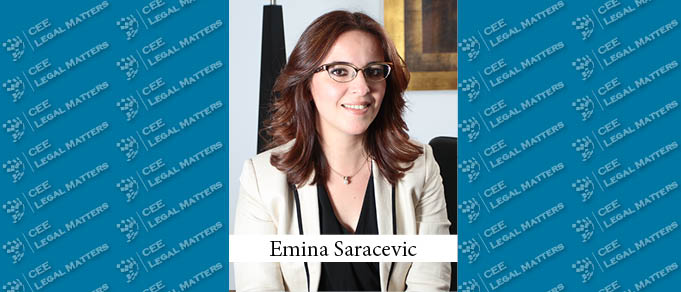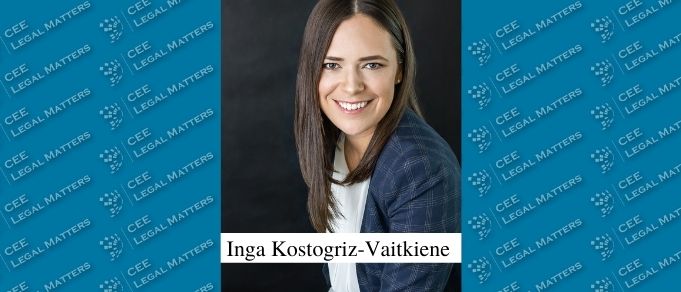A significant number of updates, changes, and amendments to the legal framework of Bosnia & Herzegovina spells out a very strong positive direction that the country is moving in, according to Saracevic & Gazibegovic Lawyers Partner Emina Saracevic.
Board Members Liability Insurance [D&O Insurance] in Turkey
The Board of Directors ["Board"] is the main management body of a joint stock corporation. Accordingly, the Board members have extensive management and representation duties. Given that such broad duties inherently carry the same level of liability risk, legal liability of the Board members has always been a critical topic. [For detailed information on the legal liability of Board members and the liability lawsuit you can refer to our article: “Legal Liability of Board of Directors Members”]. The Board, as the representative and administrative authority, must be able to support the corporation in reaching the intended goal, fulfill the management duties without hesitation, and take independent decisions. Therefore, considering the magnitude of the liability risk, a warranty mechanism –insurance– to balance the increasing liability of the Board has been discussed for many years as an indispensable element in liability cases. Today, the "Board of Directors’ Liability Insurance" [“Board Members Liability Insurance”] has already become as a widely used insurance type throughout the world, from United States to England and Continental Europe to Germany, Japan and Turkey. Issuance of this easily accessible insurance policy provides a significant assurance for the Board members.
The Nature of the Legal Relationship Between the Board of Directors Member and the Corporation in Turkish Law
The relationship between a joint stock corporation and its board of directors ["Board"] is established by the acceptance of duty by the Board member, who is elected by the general assembly of shareholders or exceptionally by the Board. As a result, a contractual relationship is established between the corporation and the Board member.
Guideline for Turkish Companies Suffering from Capital Loss or Technical Insolvency
Protection of the share capital is one of the fundamental principles of the Turkish Commercial Code [“TCC”]. In this respect, capital loss and negative equity [the so-called “technical insolvency”] are regulated under Article 376 of the TCC, and a Communiqué was enacted to set the rules regarding the application of this Article. As a result of the unpredictable fluctuations in foreign exchange rates in the economy as well as the negative impacts of the Covid-19 pandemic on the financials of the companies, Article 376 of the TCC gained a special popularity among the Turkish companies in recent years. Accordingly, this article explains the situations where capital loss and technical insolvency may emerge and the measures that should be taken in the given circumstances. The article further elaborates on the new rules adopted to reduce the negative effects arisen from the drop of Turkish Lira and the Covid-19 pandemic. The potential liability of the directors that may arise in case the necessary actions are not taken is also addressed.
MCL and Dentons Advise on Pavol Jakubec's Acquisition of 50% of I.D.C. Holding
MCL has advised Pavol Jakubec on the acquisition of the remaining 50% of shares in I.D.C. Holding from Kassay Invest. Dentons advised Slovenska Sporitelna on financing the deal.
Court of Cassation Said the Final Word: Courts May Decide on an Interim Rent Reduction in Adaptation Lawsuits
From the outset, the Covid-19 Pandemic has significantly affected the usual rules of conduct and, as a natural consequence, commercial activities of businesses. How this "extraordinary" situation, which no one could foresee or could be expected to predict, would impact legal relationships has been the subject of numerous debates that are yet to be concluded.
The Buzz in Lithuania: An Interview with Inga Kostogriz-Vaitkiene of CEE Attorneys
Inga Kostogriz-Vaitkiene, Partner at CEE Attorneys in Lithuania, reports that her country’s economy is doing quite well at the moment and that additional regulation ensures the public procurement system will become greener. She also notes that there are two controversial laws in the pipeline related to cannabis use and LGBTQ+ rights.
































